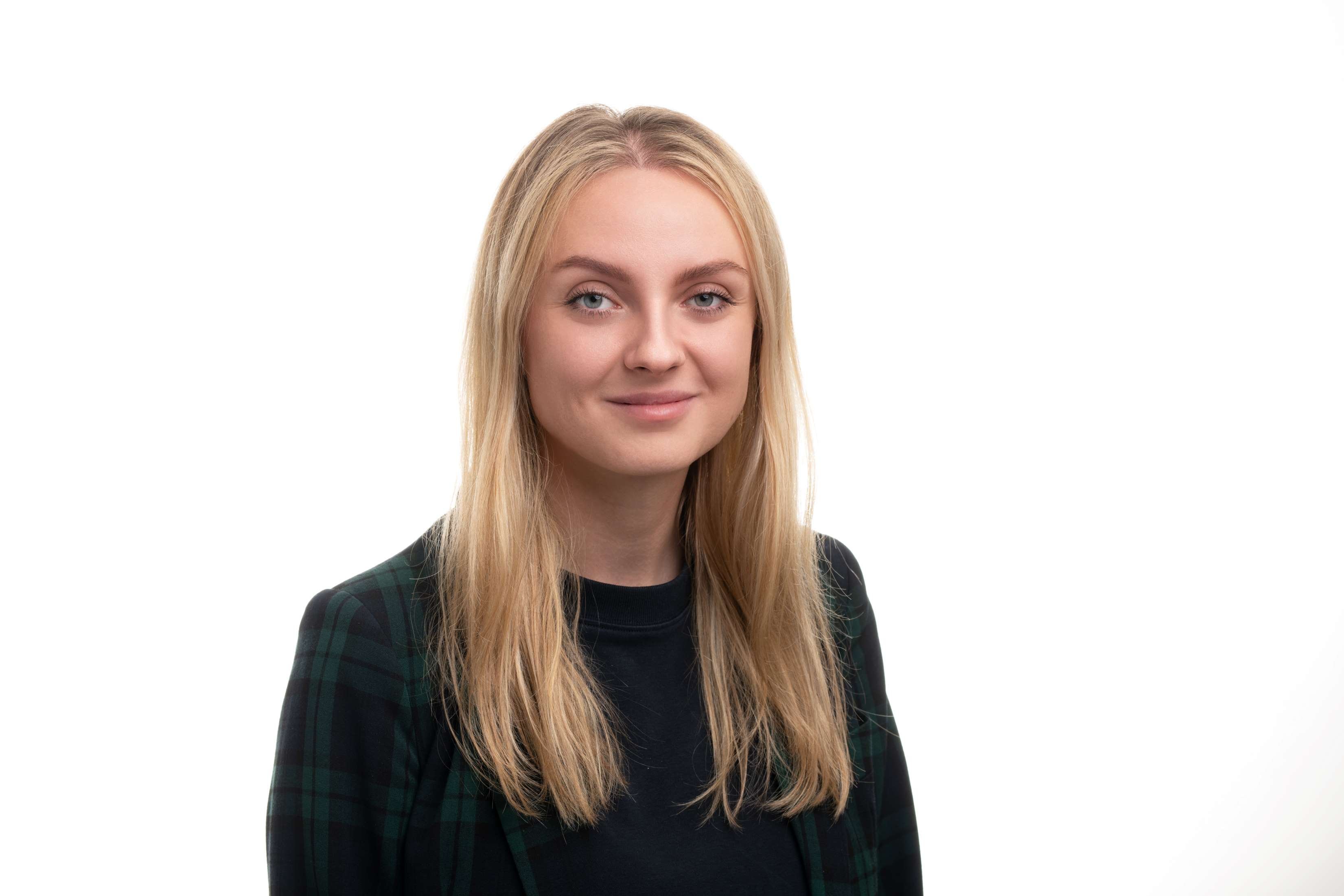Stop the clock ticking - preserve your fertility and beat the menopause with the first dedicated menopause clinic
Welcome to Profam, where your health comes first. With the OTC method, we specialize in delaying menopause and preserving fertility so you can live life to the fullest.
What is menopause?
French physician Charles Pierre Louis de Gardanne first used the term menopause in 1821, but since then, terms such as menopause and transition have also come into use.
Menopause itself, derived from the Greek "men" (month) and "pausis" (end), is only one event in the whole menopause, the course of which can be divided into 4 parts:
- Premenopause - a woman's fertile period until the onset of menopause
- Perimenopause - the initial phase of menopause/transition
- Menopause - the event of the last menstrual period
- Postmenopause - the period after menopause associated with hormonal imbalances and other symptoms
Menopause occurs around the age of 45 to 50, but in some cases it may occur much earlier or much later; there is no single rule. The onset of menopause depends on a number of factors, the most important being heredity or race. It is a gradual hormonal change beginning with premenopause or perimenopause, which can last up to 5 years. Menstruation gradually decreases and becomes very irregular, and menstrual cycles become longer until they stop permanently, called menopause.
What is OTC?
Freezing of ovarian tissue by the ProFaM method is not suitable for every patient. We cannot freeze ovarian tissue in patients who are already postmenopausal because the ovaries have ceased to function and unfortunately this condition cannot be reversed. However, we can help them in our menopause clinic.
The ProFaM method is also not suitable for those women who are approaching menopause for the same reason - if we freeze the ovarian tissue, we preserve it in its current state. If the ovary were programmed to go into menopause a year later, the maximum possibility of delaying menopause by a year or less would be a year.
The best opportunity to remove and freeze ovarian tissue is at a young age, because the tissue is destined to continue to produce hormones for many years - one or two decades at least. In general, suitable patients for the ProFaM method are ideally women under the age of 35. We recommend tissue freezing to preserve fertility for patients under 35 years of age and to delay menopause until about 40 years of age. However, the final decision to enroll in the program can only be made after blood tests and a consultation with a physician. The tests include an evaluation of the amount of AMH (Anti-Müllerian Hormone) and an ultrasound examination of the ovaries to determine the antral follicular count (AFC).
Meet Our Team
We are an international multidisciplinary team of experts in the field of reproductive medicine and women's health led by Professor Simon Fishel.

Ing. Adela Hojdarova
Chief Financial Officer
Get in touch
Contact us
-modified.png)

-modified.png?width=1200&height=800&name=Untitled%20(7)-modified.png)







.png)





.png)







